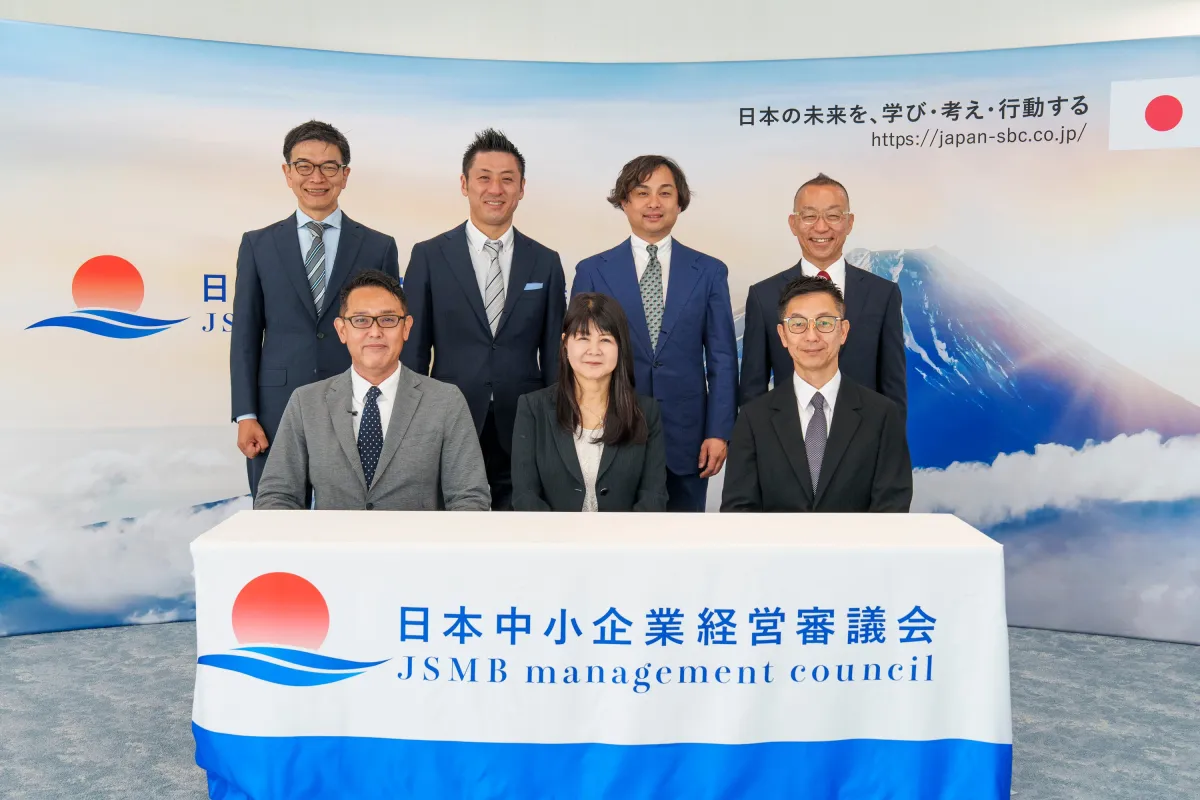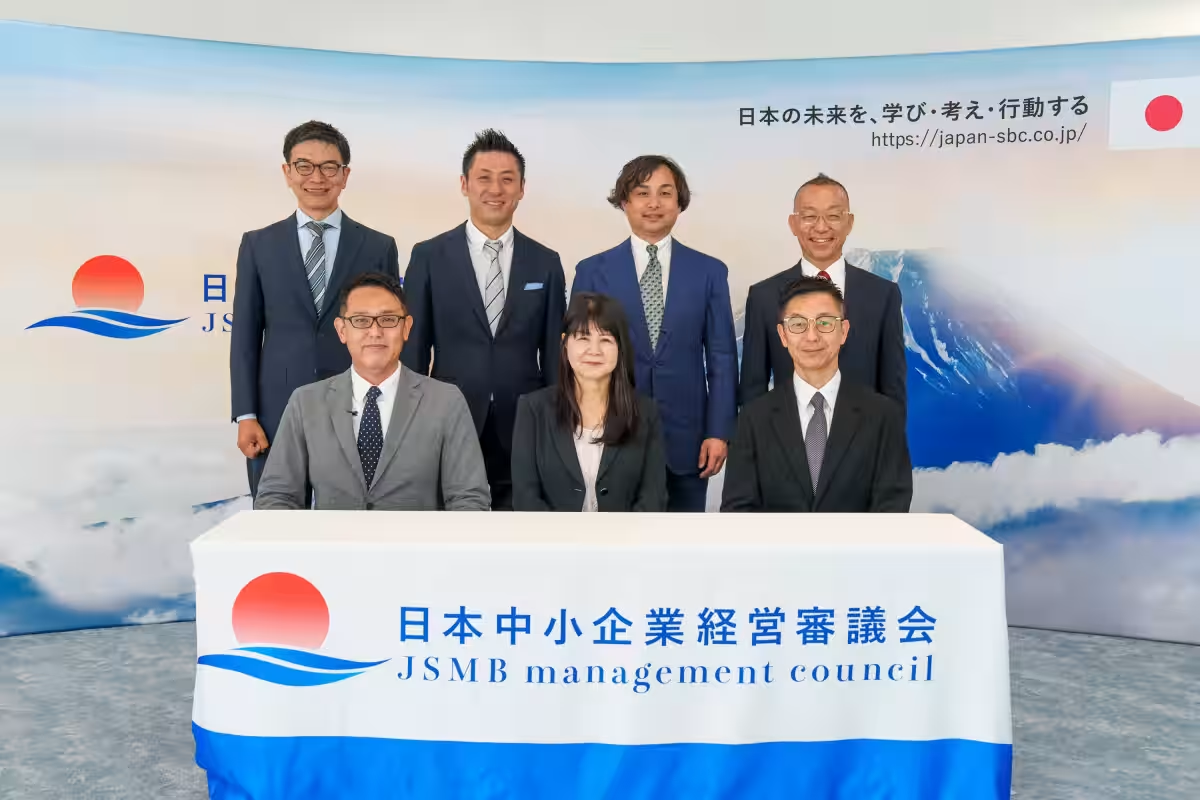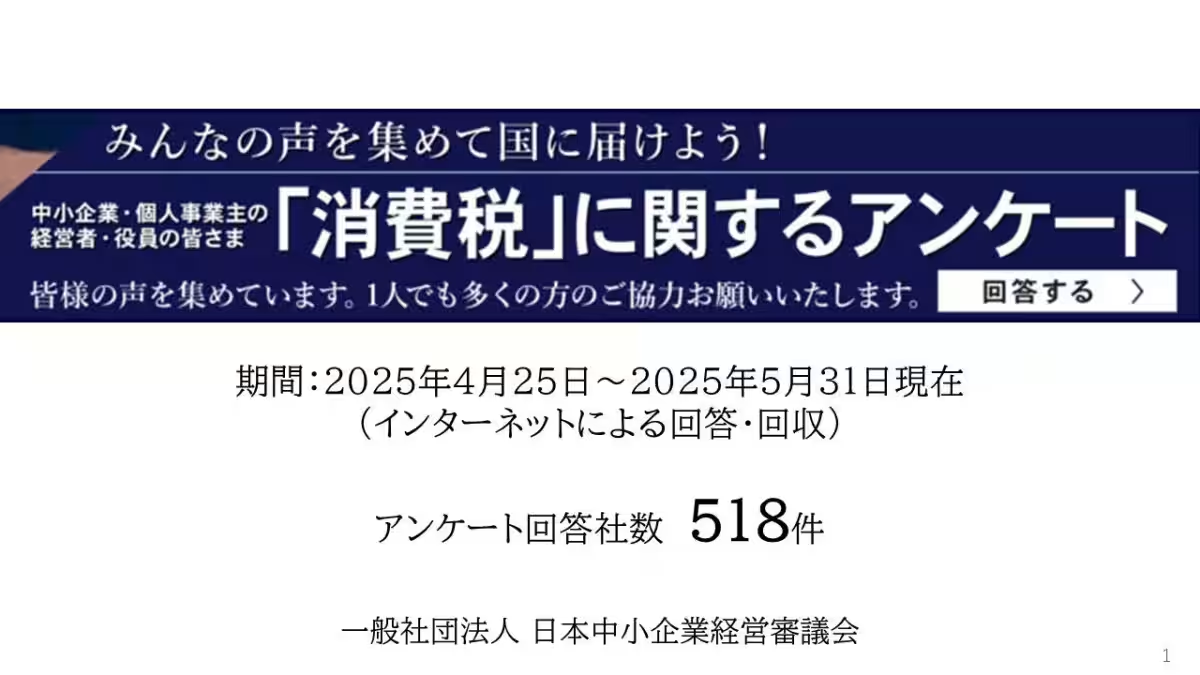

Japanese Small Business Owners Call for Urgent Tax Reforms Amid Economic Concerns
Introduction
In a recent survey conducted by the Japan Small Business Management Council, over 90% of the participating small business owners indicated their concerns regarding the consumption tax, deeming it a business risk. This feedback echoes the challenges faced by many in the sector as they navigate the current economic landscape.
The Survey Findings
The survey, which comprised responses from 518 small business leaders across Japan, illuminated the practical burdens imposed by the existing consumption tax system. Many expressed that the current tax rate, among other economic pressures, hampers both revenue and operational stability. As a result, the Council has put forth a set of proposals advocating for substantial reform in tax policies, aimed not merely at voicing dissatisfaction but ensuring the sustainability of local businesses and employment.
Key Proposals from the Council
The Council's report synthesizes the survey findings and culminates in several key recommendations:
1. Significant Tax Reduction or Gradual Abolition: The report advocates for a thorough review of the current tax rate, proposing a reduction to 5% or even complete abolition. Such changes are deemed necessary to alleviate pressure on public life and business operations.
2. Reevaluation of Multiple Tax Rates: The existing complex tax system that employs multiple tax rates is suggested for consolidation. This revision aims to dissolve confusion and disarray within business operations, allowing for a clearer understanding of tax obligations.
3. Freezing and Revising the Invoice System: The scrutiny on the new invoice system highlights its adverse effects, particularly on small businesses, where added pressure and workload are noted. A critical reassessment of this system is seen as essential to relieve these burdens.
4. Enhanced Support Measures for Small Enterprises: Beyond tax reform, the Council calls for comprehensive support for small businesses, including price maintenance assistance, financial aid, and strategies to combat labor shortages. These initiatives are crucial for fostering a more conducive environment for growth.
The report encapsulates a constructive approach, transitioning from a tax system that stifles consumption to one that actively supports communities and employment.
Voices of Change
The recommendations were further validated by an expert committee led by Professor Satoshi Fujii from Kyoto University, who confirmed that the findings reflect the genuine sentiments prevalent among small business operators. This report serves as a vital communication channel conveying the realities faced by small business leaders to policymakers, reinforcing the notion that even seemingly small voices can galvanize significant policy change.
Call to Action
Looking ahead, the Japan Small Business Management Council is committed to continually gather and amplify the voices of small business owners nation-wide. Through constructive dialogue with government and local authorities, they strive to achieve a sustainable economic landscape that can foster employment and growth.
Membership for supporting individuals is also welcomed, urging those who resonate with the vision of a prosperous future for Japan to join the cause. By participating, individuals can contribute to achievable actions for a better tomorrow.
Conclusion
In summary, the urgent call from Japan's small business sector for tax reforms underscores the critical intersection between economic policy and the everyday operational challenges faced by these enterprises. The proposals offered not only aim to rectify existing burdens but also aspire to create a better support system for local businesses, ultimately leading to a more vibrant economy.


Topics Business Technology)










【About Using Articles】
You can freely use the title and article content by linking to the page where the article is posted.
※ Images cannot be used.
【About Links】
Links are free to use.